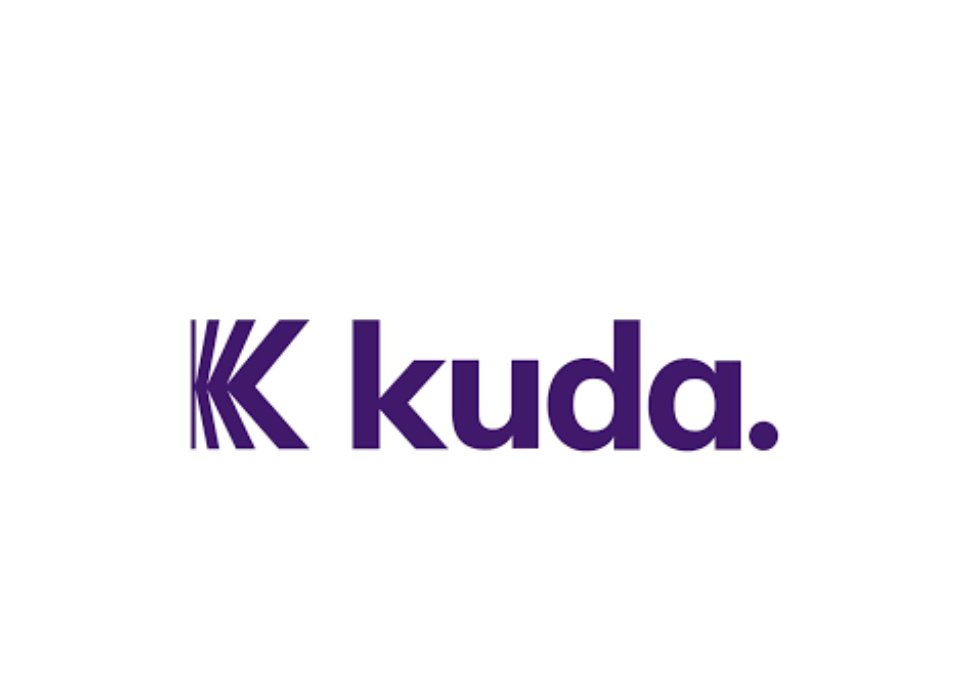
Have you ever received a notification claiming that someone transferred money into your Kuda Bank account but when you check, there’s no such transaction? Have you fallen victim to any scam involving fake payment alerts from Kuda Bank? If so, you’re definitely not alone.
Fake transfer notifications and payment alerts from digital banks like Kuda Bank are unfortunately quite common these days.
Scammers often use this method to trick people into sharing their personal and banking details. In this article, we’ll share everything you need to know about common Kuda Bank scam tactics involving fake transfers and alerts, and most importantly, how you can stay safe.
How the Scam Works
The scam usually starts with receiving a text message, WhatsApp message or email claiming that someone has transferred a large sum of money to your Kuda Bank account by mistake and asking you to refund the amount. Sometimes, the messages even look like it’s coming directly from Kuda Bank.
Upon checking your account, you’ll notice there is no such transaction. That’s when the scammer will ask you to provide your login credentials or banking PIN, saying it’s required to process the refund. Giving out these sensitive details is never a good idea, as that’s exactly what the scammer wants in order to access and drain your account.
Common Enticing Scenarios
Here are some common scenarios scammers use to try and entice you:
- Mistaken Large Transfer: Claiming that a business partner or employer mistakenly transferred a big amount and asking you to refund.
- Lottery/Inheritance Winnings: Falsely notifying you that you’ve won a lottery or inheritance and the money has been transferred, now just pay the “tax” to receive it.
- Refund From Service Provider: Pretending to be from your mobile carrier, insurance company or other service saying you’re owed a refund which has been credited.
So in summary, the aim is to trick you into believing there’s free money waiting in your account that just needs to be “refunded” or have some bogus “fees” paid to access it. Don’t fall for any of these ploys no matter how convincing they may sound.
How to Detect a Fake Transaction Alert
Here are some ways to detect if a Kuda Bank transaction or payment alert you received could be fake:
- Check Your Account: Log into your actual Kuda Bank account yourself instead of relying on messages. If there’s no pending or completed transaction, it’s a red flag.
- Inspect Notification Details: Scam alerts often contain spelling mistakes, use emojis excessively or have the wrong logo/branding. Authentic alerts are errorfree.
- Verify Sender Identity: Hover over links or check message headers to confirm if the sender address/number checks out as really belonging to the bank.
- Ask For Confirmation: If still uncertain, contact Kuda Bank directly through verified channels to verify the transaction’s authenticity before taking any action.
- Be Cautious of Requests: Steer clear of messages asking you to click links, download files or disclose private info like OTP, PIN or card details over unsolicited contact.
Trust your instincts if something seems off, it’s best to error on the side of caution. Always double check important notifications, especially those involving money transfers or account activity.
What To Do If You’ve Been Scammed
Despite all precautions, it’s still possible for even savvy users to fall victim to wellcrafted fraud attempts. Here are steps to take immediately if you realize you’ve been scammed:
- Contact Your Bank ASAP: Report the incident to your bank and request emergency blocking of your account to prevent further losses. Provide details of what information was disclosed.
- Lodge an official cybercrime or identity theft report with local authorities to have the case documented and investigated further by law enforcement.
- Warn your loved ones about the scam and impersonation attempts in case the fraudster tries targeting people in your contacts too.
- Change passwords for all online accounts immediately, especially for any logged into from the same device as your banking.
- Closely monitor transactions and alerts over coming months to spot any unauthorized activities and dispute these promptly.
While it’s difficult to fully recover losses, acting quickly on these steps ensures maximum protection against further damage as well as supporting investigations against the criminal perpetrators.
FAQs About Fake Kuda Bank Transactions
Here are some commonly asked questions with helpful answers
How secure is Kuda bank?
Kuda Bank is a fully-licensed bank in Nigeria, regulated by the Central Bank of Nigeria and offering its services to over 1.4 million Nigerian clients. It is insured by the Nigerian Deposit Insurance Corporation (NDIC), which guarantees deposit protection for your holdings.
What should I do if I receive a fake refund request?
Do not provide any personal or financial details. Contact your bank directly through verified channels to check the request’s authenticity before taking action. Oftentimes these are scams designed to steal your information.
Conclusion
As online banking gains popularity through userfriendly apps and convenience, unfortunately cybercriminals also gain unprecedented access through ploys like fake payment alerts and transaction scams.
However, with heightened awareness about common tricks employed and due diligence in verifying important details, you can certainly safeguard yourself and your hardearned money.
Kuda Bank and other reputed digital banks also work tirelessly to bolster security defenses and educate users on risk mitigation best practices. Staying savvy with prudent caution coupled with swift action in case of incidents goes a long way in banking safely in the digital world.